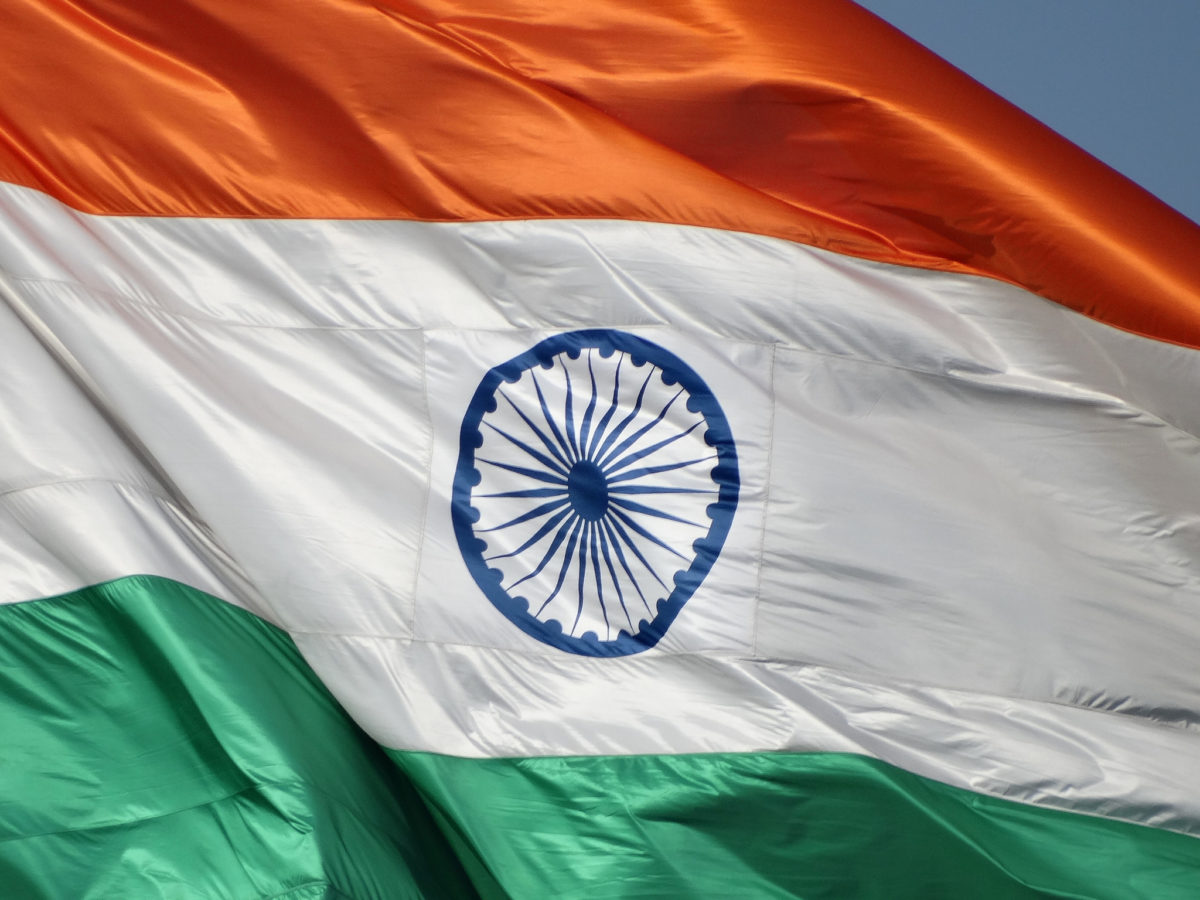India Ratings and Research (Ind-Ra) believes the Rs 900-billion bailout package would only provide a temporary relief to cash-strapped power distribution companies (discoms) as the legacy issues relating to their operations remain unresolved.
“The package is much needed, given the precarious conditions of discoms and the inability of their respective state governments to extend them the required relief. [However], “the infusion of Rs900 billion would not provide any long-term stability to their finances, so long as the legacy issues relating to operations such as low billing and collection efficiency, high aggregate technical and commercial (AT&C) losses, delayed receipt of subsidy and high receivables are not methodically addressed”—stated the agency.
India Ratings reported states and their discoms have mostly failed to achieve the milestones under the Ujwal DISCOM Assurance Yojana (UDAY) scheme and remained cash-strapped even after transferring most of their debt to state governments.
“Most of states and their discoms while joining the Ujwal DISCOM Assurance Yojana (UDAY) scheme launched in 2015 had agreed to achieve a number of milestones relating to AT&C losses, elimination of difference between average cost of supply and average revenue realisation, distribution transformer/feeder metering, etc. However, these milestones have mostly remained unachieved”—the agency said.
Although some states such as Delhi, Gujarat, Andhra Pradesh have maintained their AT&C losses to the UDAY target of 15% or below, the majority of the states especially large power consuming states, namely, Madhya Pradesh, Karnataka, Rajasthan, Uttar Pradesh, Maharashtra are still way away for the aforesaid target, India Ratings added.
“As a result, despite the transfer of a major portion of debt from the books of discoms to state governments, the finances of several discoms have remained in reds and weak, even prior to Covid-19 related lockdown,” it highlighted, adding “the lockdown has only aggravated the stress of discoms.”
Impact of lockdown
India Ratings reported the revenue collection of discoms from the industry and commercial segments has nearly dried up due to the nation-wide lockdown. Although the supply to households continues, revenue collection was on the lower side. Collectively, these revenues were not enough to even absorb fixed costs fully. This meant further net losses for discoms.
As the lockdown has also adversely affected states’ finances, most state governments would find it difficult to provide necessary support to their discoms.
According to an Ind-Ra study, 21 major states lost Rs971 billion in April 2020 alone due to the lockdown. Although the centre has relaxed the borrowing limit of states under FRBM Act to give some headroom to states, it will not be enough, given the fallout of Covid-19 pandemic.
The relief package
The Government of India has decided to infuse Rs 900-billion liquidity—through Power Finance Corporation (PFC) and Rural Electrification Corporation (REC)—to significantly reduce the burden of Discoms for maintaining distribution of electricity as supplied by producers/transmission companies during the current difficult times.
The loans will be provided to discoms against guarantees by state governments and will be used to clear their liabilities towards central public sector enterprise generating and transmission companies, independent power producers and renewable energy generators.
However, this benefit has not been extended to discoms for payables towards state generators.
This content is protected by copyright and may not be reused. If you want to cooperate with us and would like to reuse some of our content, please contact: editors@pv-magazine.com.









2 comments
By submitting this form you agree to pv magazine using your data for the purposes of publishing your comment.
Your personal data will only be disclosed or otherwise transmitted to third parties for the purposes of spam filtering or if this is necessary for technical maintenance of the website. Any other transfer to third parties will not take place unless this is justified on the basis of applicable data protection regulations or if pv magazine is legally obliged to do so.
You may revoke this consent at any time with effect for the future, in which case your personal data will be deleted immediately. Otherwise, your data will be deleted if pv magazine has processed your request or the purpose of data storage is fulfilled.
Further information on data privacy can be found in our Data Protection Policy.